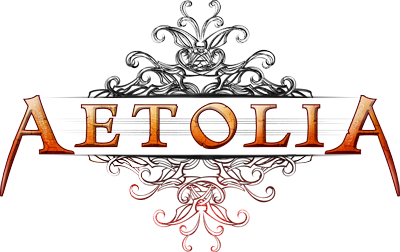20.7.9 Nazedha, the Last Bastion of Darkness
A distinction must be made between the multiple senses of the word 'Nazedha' - it can refer to a dialect of Nazetu, mutually intelligible with the mainland and Arqeshi varieties; it can refer to the ethnic group of Nazetu who speak the aforementioned dialect; and it can also refer to a group of islands, situated in the westerns seas, although it more properly refers to only one of them - the largest among the ancestral islands of the Nazetu.
Upon this island, situated like a predatory spider in the far reaches of the western sea, is the city of Nazedha - the capital of a now-vestigial Empire, ruled by a military regime and at war with other Nazedha tribes intent on seizing power over the Nazedha islands for themselves. The city is a teeming, wretched sprawl that deals in alcohol, narcotics, slaves, and other dark and sordid commodities.
The Empire itself, however diminished, carries a mighty legacy; born from the first servants of Chakrasul, they assert Divine mandate and sheer, brute force as the source of their authority. The Nazedha hold ties to Slaver's Isle, with whom they do much of their trade. The main distinguishing trait that separates Nazedha from mainland Nazetu is the worship of Chaos and Lanu Du, the Faceless God in addition to Chakrasul, while Nazetu of the mainland consider this practice heretical and the Arqeshi reject both deities in turn.
The inner city contains a number of religious buildings in honor to the Goddess of Corruption, and at its very center stands the legendary Dark Spire, the last bastion from which the city gains its title. The inner city, despite the conflict that wracks the islands, is considered a sacred place, within which no manner of violence may be performed.
Any non-Nazetu are second-class citizens at best; the Nazedha are intensely
xenophobic and likely to enslave, murder, and kill anyone outside of their race.
There are five tribes, native to the Nazedha islands, from which all Arqeshi and Nazetu can directly or indirectly trace their ancestry; Urmoc, Masit, Karthek, Adessim, and Urrop.
